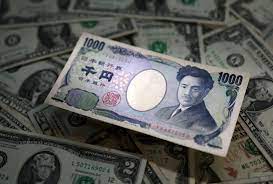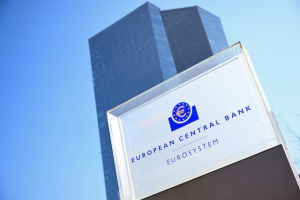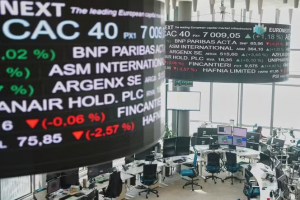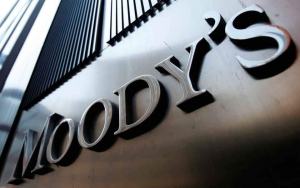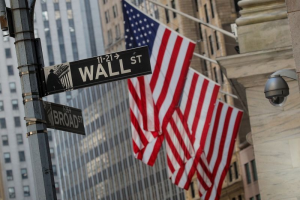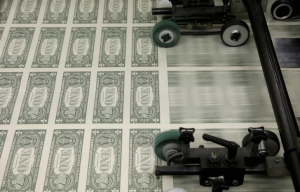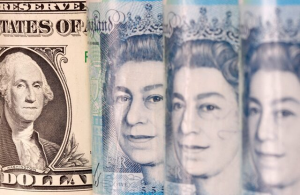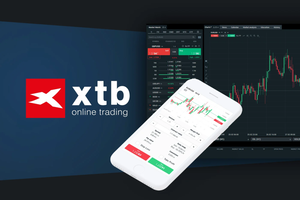The yen headed on Thursday for its biggest daily rally versus the dollar this year, driven by growing speculation that the Bank of Japan could finally raise rates this month, while the euro steadied ahead of a European Central Bank meeting.
The Japanese currency rallied by as much as 1.1% against the dollar, the most in a day since mid-December, and made gains against the euro and sterling.
The euro was last 1% lower at 161.22 yen, while the pound fell 0.8% to 188.54 yen.
BOJ board member Junko Nakagawa said on Thursday Japan's economy was moving steadily towards sustainably achieving the central bank's 2% inflation target.
Her comments come one day after Jiji news agency reported that at least one of the central bank's nine board members is likely to say that removing negative interest rates would be reasonable at this month's policy meeting.
The yen has gained nearly 1.8% in the last three trading days alone, thanks also to data that has shown inflation, and specifically wage inflation, continues to pick up in Japan.
"The market, over the last couple of days, has started to buy into the idea that the BOJ are probably quite close to getting rid of negative rates and that could actually come as soon as two weeks’ time," Pepperstone strategist Michael Brown said.
"There seem to be a number of jigsaw pieces that the BOJ want to see in order to deliver that hike - and we’re only talking about a 10-basis point hike, but it’s significant nonetheless - it seems like everything is starting to fall into place," he said.
The yen has been under pressure for most of the past two years because of the gap between sub-zero Japanese interest rates and a global rise in rates, as other major central banks aggressively hiked interest rates to tame inflation.
A move by the BOJ away from negative interest rates would coincide with growing bets on rate cuts elsewhere - particularly from the Federal Reserve - which would give some much needed support to the battered Japanese currency.
In the broader market, traders warmed to the idea that U.S. rates are likely to fall this year, even if inflation is still persisting longer than expected, which dented the dollar.
Fed Chair Jerome Powell said on Wednesday rate cuts will "likely be appropriate" later this year "if the economy evolves broadly as expected" and once officials gain more confidence in inflation's steady deceleration.
Those remarks, coupled with data released the same day that pointed to an easing of labour market conditions, sent U.S. Treasury yields skidding, which in turn pushed the dollar broadly lower. [US/]
Carol Kong, a currency strategist at Commonwealth Bank of Australia (OTC:CMWAY), said Powell's comments were less hawkish than some had expected.
"Markets were likely relieved that Powell didn't change his risk assessment on inflation even after the January CPI figures," she said.
All of that left the greenback pinned near a one-month low against a basket of currencies. The dollar index edged 0.07% lower to 103.26.
The euro and sterling held near one-month highs struck in the previous session and last bought $1.0897 and $1.2743, respectively.
The ECB releases its decision on interest rates later on Thursday. The central bank is not expected to make any changes to monetary policy this month.
The yuan was little changed and last stood at 7.208 per dollar in the offshore market, brushing off China's stronger-than-expected export and import growth in the January-February period.
Over in the cryptoverse, bitcoin retreated from a record high struck earlier in the week, but still rose 0.35% on the day to $66,682, while ether fell 1.6%% to $3,787, having peaked at an over two-year high on Wednesday.

